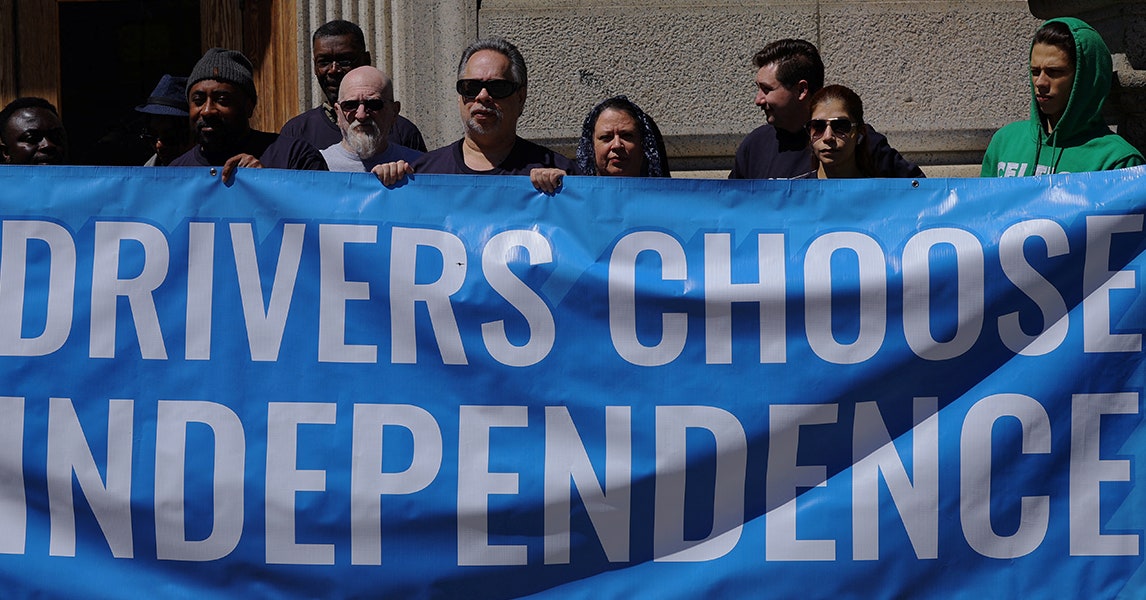
The Supreme Court of California ruled that drivers for ride hailing companies will be independent contractors
Proposition 22 Vote Protected Workers’ Rights and Benefits Despite State Voting Laws Distinguishing Employees from Contractors
The question of whether those who drive for the companies should be treated as employees or contractors has spurred a yearslong legal battle in the state. In 2020, California voters approved Proposition 22, allowing app-based companies to continue to treat their workers as independent contractors. An earlier ruling found that the companies had too many of their drivers work for them as contractors. The ballot measure campaign cost its advocates, including Uber, Lyft, Postmates, Instacart, and DoorDash, some $200 million, breaking state records for spending.
Opponents of Prop 22 are frustrated with the outcome. “We are deeply disappointed that the state Supreme Court has allowed tech corporations to buy their way out of basic labor laws despite Proposition 22’s inconsistencies with our state constitution,” Lorena Gonzalez, the president of the California Federation of Labor Unions, says in a statement posted online. “These companies have upended our social contract, forcing workers and the public to take on the inherent risk created by this work, while they profit.”
The 2020 ballot measure required the app-based companies to institute a wage floor, at least for the time drivers spend with passengers in the car, and to pay out health care stipends for workers who drive enough monthly hours.
“Today’s decision was supposed to bring justice, to confirm that even as workers who are managed by apps on our phone, by algorithms, by AI, that we are indeed workers with robot managers,” Nicole Moore, president of Rideshare Drivers United and a part-time driver in Los Angeles, said during a briefing with reporters following the decision. “And we deserve the same rights and benefits as all other workers in our state. That didn’t happen today. Moore called on lawmakers in the state to find a “creative pathway” to ensure that drivers are protected and paid fairly.
On a call for reporters hosted by proponents of Proposition 22, some drivers said they were glad that app-based companies would maintain their flexibility. “I’m just so grateful right now,” said driver Stephanie Whitfield, who works in the Coachella Valley.
The ruling won’t have a direct effect on other states’ gig worker laws, but could influence policy in other places. Minnesota and Colorado both passed laws to improve pay for app based drivers, but neither of them resolved whether workers should be treated as employees or contractors. The Biden administration has taken aim at worker misclassification in the gig economy through new labor rules, though app-based companies say those rules don’t affect their businesses.
